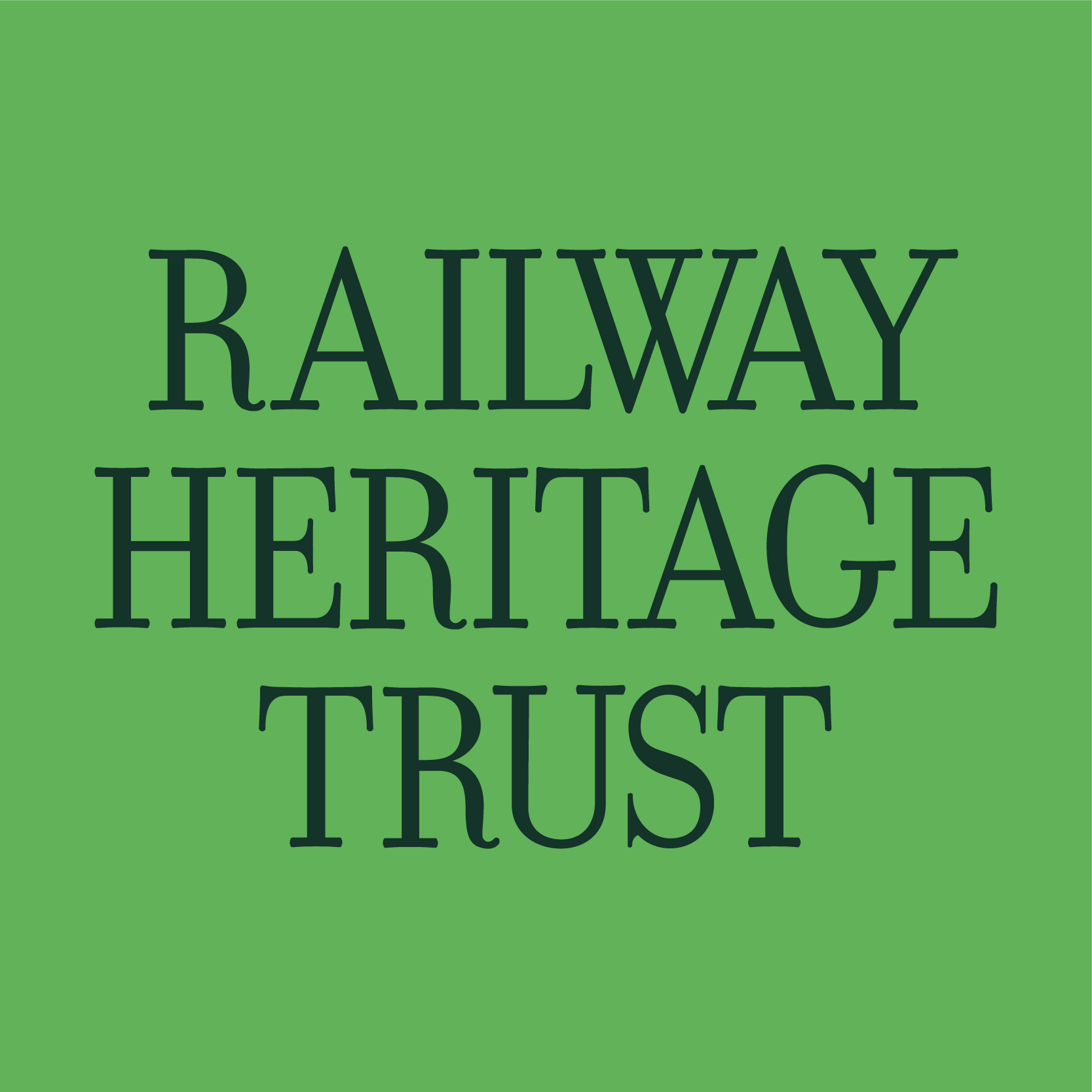INFORMATION for Applicants
Seeking Grants
1. Initial Proposal
Once they are satisfied that a project is eligible for support by the Trust, applicants can bring a project or proposal to its attention by one of the following methods:
- Network Rail, Highways England Historical Railways Estate, a train operating company or a tenant of railway property can arrange an inspection visit to the location. The applicant should invite, as appropriate, national heritage bodies (Cadw Welsh Historic Monuments, English Heritage or Historic Scotland), relevant local authorities, amenity societies and tenants to attend.
- Network Rail or Highways England Historical Railways Estate can request a visit to a specific location, arising from a proposal for work included in their investment or maintenance programmes.
- Network Rail, Highways England Historical Railways Estate, a train operating company or a tenant of railway property can submit, in writing, a brief description of the proposal, an order of cost estimate, photographs and preliminary drawings if available.
The Trust will then assess the proposal and decide in principle whether or not to support it. It will then inform the applicant of its decision.
2. Grant Award Procedure
If the Trust decides to support a proposal, the applicant should then submit a grant application to the Trust on a form that the Trust will supply. Approved drawings, specifications and authorisation estimates should accompany the application. After evaluation and approval, which may require a visit to the location if one has not already been made, the Trust will make an offer of a grant to the applicant. If the applicant accepts the offer, the grant is awarded to the head of the applicant’s business, route, territory, or company, or to the tenant .
The extent of the grant is individually assessed for each project and generally ranges from 10% to 40% of grant-eligible project costs. The Trust keeps its evaluation process as short as possible.
UNTIL THE TRUST HAS ISSUED A LETTER FORMALLY AWARDING A GRANT IT IS NOT FINANCIALLY COMMITTED TO SUPPORTING A PROJECT. SUCH LETTERS WILL ONLY BE ISSUED AFTER AN APPLICATION FORM HAS BEEN SUBMITTED, REVIEWED AND AGREED.
3. Partnerships
The forming of funding partnerships is an important qualification for Trust grants, second only to the nature of the projects themselves. Details of contributions to the project by other parties are therefore an essential part of grant applications. The lead partner or fund-holder, an agent, project manager or consultant on behalf of the lead partner or fund-holder, or the owner of the historic railway building or structure can apply for partnership grants. If awarded, the Trust can pay its grant to the applicant, or to another body as agreed by the partners.
4. Claiming Grants
The grant award letter authorises the recipient to claim the grant from the Trust on agreed completion of the work. The recipient is responsible for claiming the grant in accordance with the conditions set out in the award letter, within the Trust’s financial year, which runs from April to March. Recipients may claim the grant upon completion, or at stages during the work, as may be agreed for a particular project. Grants may be payable in more than one financial year. The Trust will usually inspect the works in progress or upon completion to satisfy itself that the works have been carried out to its standards before making payment of the grant.
5. Annual Report
Each autumn the Trust publishes its Annual Report, which illustrates most projects carried out in the previous financial year. The Report gives full details of all grants and partners’ contributions, as well as crediting consultants and, contractors. The Trust circulates the Report widely in the railway industry, to Ministers, to Members of both Houses of Parliament, to opinion formers in heritage, conservation, transport and environmental circles, to local authorities and to amenity societies. Such exposure can generate interest in new projects, or further work at locations of previously grant-aided projects.
6. Publicity
The Trust and other funding partners usually wish to publicise their role in a project. The Trust uses the following means:
Site Signs:
The Trust may request, as a condition of its grant, that a site sign, provided by the Trust, is displayed on the project board. The Trust’s standard sign is uniform in size with consultants’ and contractors’ normal site signs.
Commemorative Plaques:
The Trust provides commemorative plaques at selected locations, to mark completion of heritage projects.
Details of site signs and plaques are available on the Trust’s Information Sheets.
Awards:
The Trust encourages recipients of grants to enter projects into competitions, such as the National Railway Heritage Awards, of which the Trust is a co-sponsor, the Historic Bridge & Infrastructure Awards, the Natural Stone Awards, the Association of Community Rail Partnerships’ Community Rail Awards and the Civic Trust Awards.
Trust Publicity:
The Trust may choose to issue tweets, or to insert a page on its web site, highlighting particular projects that it has supported.
